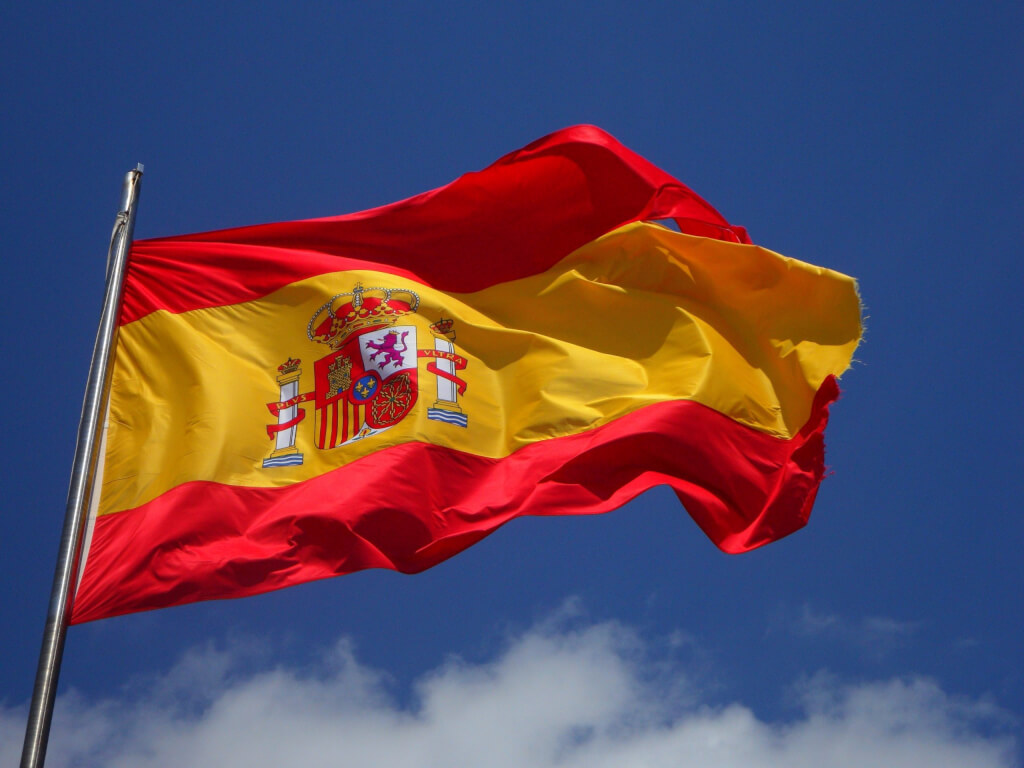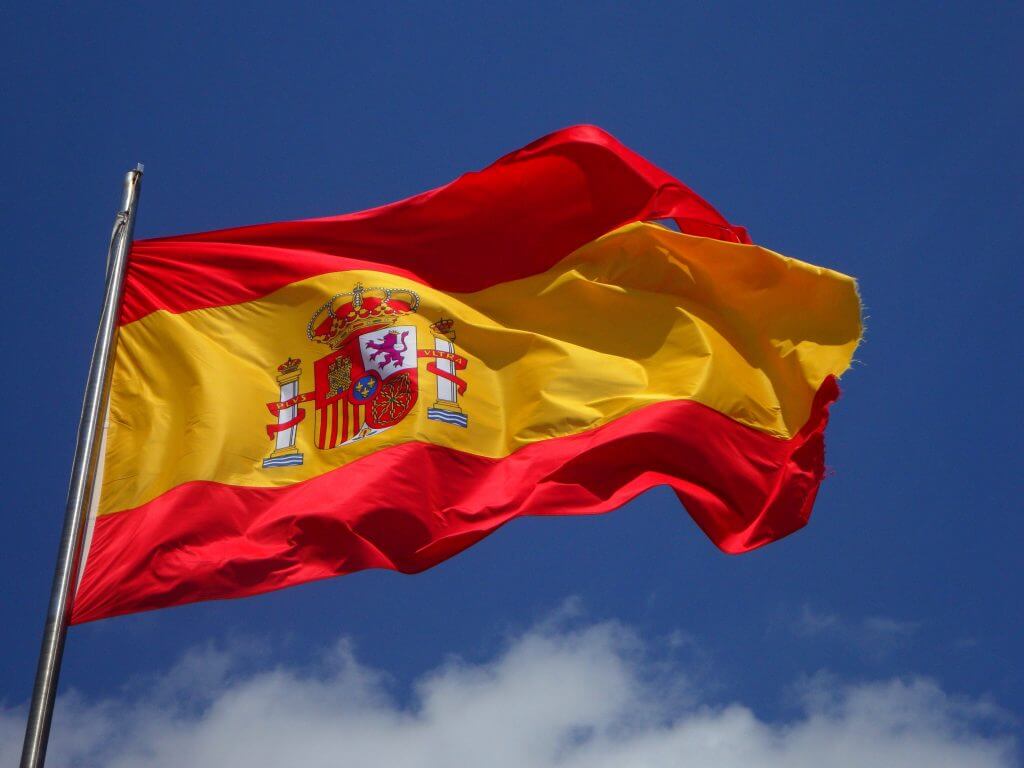
Spain between the Scylla of Sanchez’s ineffective economic policies and the Charybdis of environmental «schizophrenics»

When Pablo Sánchez emerged as prime minister of Spain following the government crisis in June 2018, many were not confident about him. It was presumed that he wouldn’t solve the fundamental problems facing the Spanish economy and would limit himself to populist measures that would drive Spain into an even greater crisis. The economic decline did intensify, but the underlying cause was not just Sánchez.
In 2020, the situation was aggravated by the coronavirus pandemic. In 2022, the war in Ukraine dealt another blow which inflated gas, oil and electricity prices – the main drivers of inflation and rising prices for all goods in the country. The situation became extremely difficult in the interim year, 2021. Spain went on to face the highest price increase since 2008. Inflation in September rose by 4% compared to the same period in 2020, a 12-year record.
The cost of electricity in Europe also influenced the rate of inflation. Fuel prices rose rapidly due to declining supplies from Russia and Norway, while demand increased as the economy recovered from the pandemic. In September 2021, the cost of gas reached another record, exceeding USD 1,050 per thousand cubic meters. In comparison, the price of a thousand cubic meters of gas is now approaching USD 1,600. At the same time, the price of consumer goods also went up due to supply disruptions as a result of localized lockdowns in areas where coronavirus outbreaks were occurring. The significant effect on the Spanish economy was clear.
The Spanish leadership projected a bailout in 2022 and one of the highest GDP growth rates in the EU at 2.9%. Instead, events in Ukraine led to an even greater recession. Rather than GDP growth, Spain became the leader in price increases – 0.8-1.2% almost every month. The record holders for the price were, as before, electricity and gasoline.

At the start of the Russia-Ukraine conflict in March 2022, the price per megawatt hour occasionally rose by 102.4 euros in a day. The most expensive hours for electricity were from seven to eight in the evening – €700 per megawatt hour, the cheapest – €424.88 – from three to four in the morning. Petrol prices rose by 44.96% and diesel even higher – by 48.27%. In March 2021, 95 gasoline was sold at 1.29 euros per litre, while in March 2022 the price rose to 1.87 euros per litre. In the case of 98 gasoline, it cost nearly 2 euros a litre in March this year. Moreover, up until June, prices constantly increased every week for all items.
In order to curb the rise in petrol and gas prices, and in turn other goods, the Sanchez government chose the easiest way for socialists to do so – direct subsidies and a price cap. This was hardly a solution in the long term. Nevertheless, it gave consumers some relief. Surprisingly, the major criticisms of the Prime Minister’s policy did not come from the right-wing opposition, but from his own advisory bodies, who, like zombies, repeat the incantations invented by EU officials in Brussels.
The Economic and Social Council (CES) has spoken negatively about measures to subsidise petrol prices. Among the measures it considers most important to combat price hikes, especially in energy prices, is setting a maximum price cap on gas. Also, a surcharge of 20 cents per litre of fuel was described by the council as “ineffective in its goal of reducing prices”. The measure, which Prime Minister Pedro Sanchez extended for another three months, was declared financially “regressive”. At the same time, the most damning argument stated that it was “contrary to the goal of a carbon-free economy”.

Spain remains a prisoner of the ‘left-wing’ madmen in power. If Pedro Sanchez seemed utopian and populist to some, he has been overhauled by CES officials. Not only can they offer nothing but directive price controls that will simply lead to fuel shortages, but like the true social Darwinists, they are trying to save 20 cents on every ordinary Spaniard who has a car. To make matters even worse, in the midst of a severe economic crisis, politicians are playing into the “green future” and “carbon-free” energy. The bottom line is the same – Spain is being deprived of a stable and secure present.
